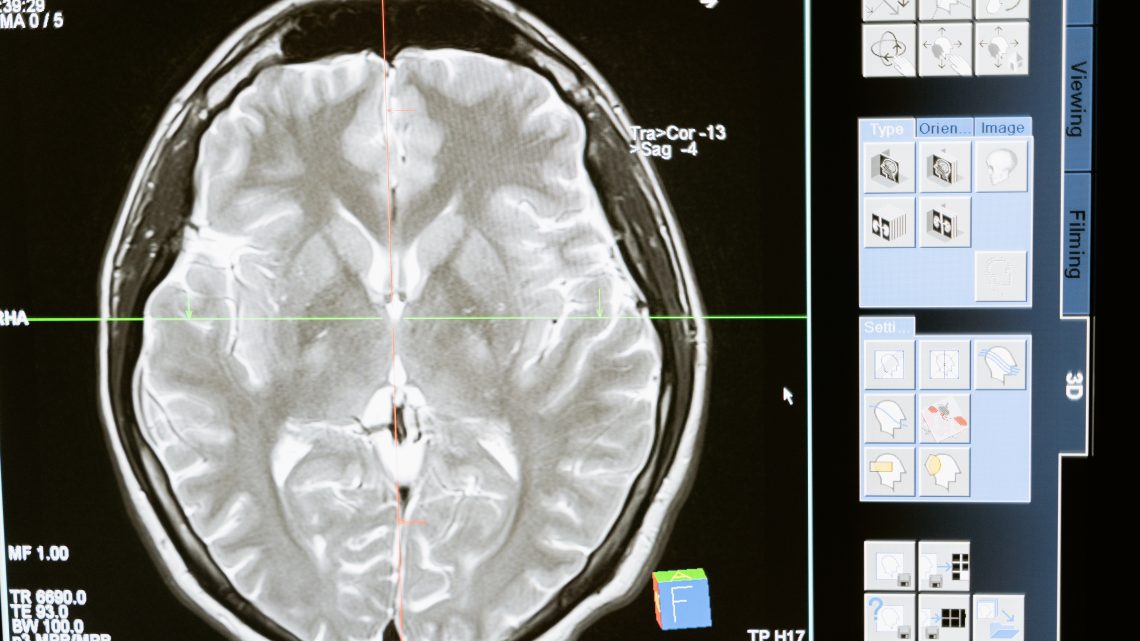Traumatic brain injuries, sometimes called TBIs, impact over 5.2 million people in the U.S. . If you suffered from a brain injury due to another party’s negligence, it is common to contact an attorney to help file a personal injury claim. However, different types of personal injury cases have different levels of intricacy, and brain injury cases tend to be on the more complex side.
This article will explore the definition of a traumatic brain injury, why these claims can be complicated from a legal perspective, and what damages are available to Washington state victims of brain injuries.
Brain Injury Causes
Brain injuries fall into two categories, traumatic and non-traumatic brain injuries. A wide variety of activities can tragically lead to traumatic brain injuries. By definition, traumatic brain injuries occur when there is a physical injury or external force that injures the head, some types of accidents that can result in TBIs include:
- Slipping and falling accidents
- Car accidents
- If you are struck by a car as a pedestrian
- Sports injuries can cause them, particularly if no helmets are worn
On the other hand, non-traumatic brain injuries are not caused by any type of external force on the head, these include:
- Drug overdoses (which can cut off oxygen supply to the brain)
- Strokes
- Near-death drowning incidences
Why Are Brain Injury Claims Complex?
Part of the reason why brain injury cases can be so complex is that the symptoms range so widely from person to person. In fact, some more relatively mild brain injury symptoms like:
- Mental confusion
- Fatigue
- Memory problems
- Irritability
- Change of personality
Are mistakenly attributed to mental health disorders and not to the injury that you sustained. Consequently, making sure that medical professionals analyze you and scan for even the most minor brain injury symptoms can be important to your case. Not to mention that undiagnosed brain injuries can cause future medical issues.
Additionally, calculating the total impact of a brain injury can be difficult, since there are so many factors that need to be considered. Factors ranging from a total inability to communicate and live independently, to memory loss or a sudden change of personality.
Damages Available To Washington State Brain Injury Victims
Quantifying the financial impact of a traumatic or non-traumatic brain injury requires a dedicated and knowledgeable team of professionals, like the like the lawyers at Malcolm Law Firm PLLC. Because of that, the potential damages awarded in Washington state brain injury cases varies greatly from case to case. In most cases, however, the following factors are examined:
- Medical expenses, both present and future
- Lost wages due to recovering from the injury
- Loss of earning capacity due to permanent injuries sustained during the injury
- Permanent disability
- Physical pain and suffering
- Emotional distress
Keep in mind, Washington state does not award punitive damages in any personal injury lawsuit.
Overall, the road to recover after a traumatic or non-traumatic brain injury is undoubtedly a long one. Finding and trusting the right Washington brain injury lawyer is vital in order to get the compensation you deserve.



No Comment